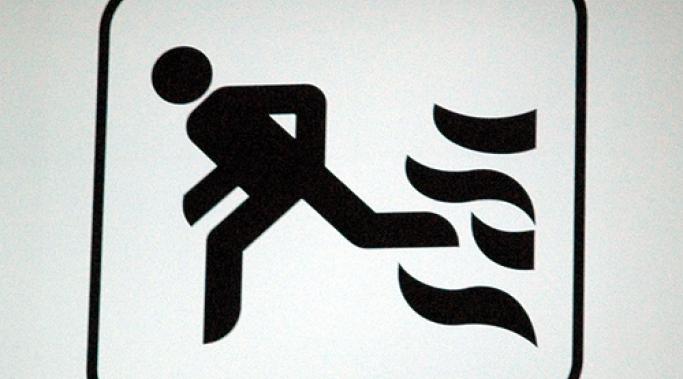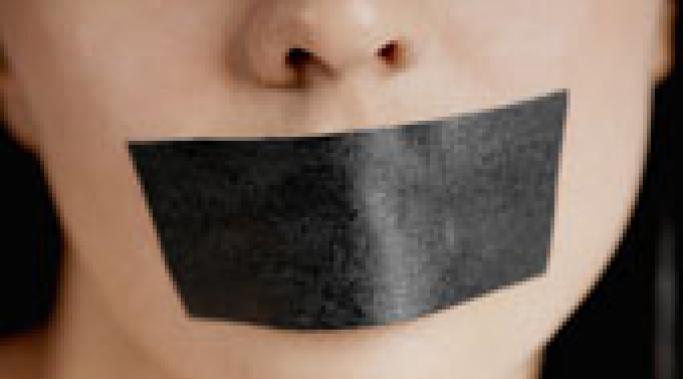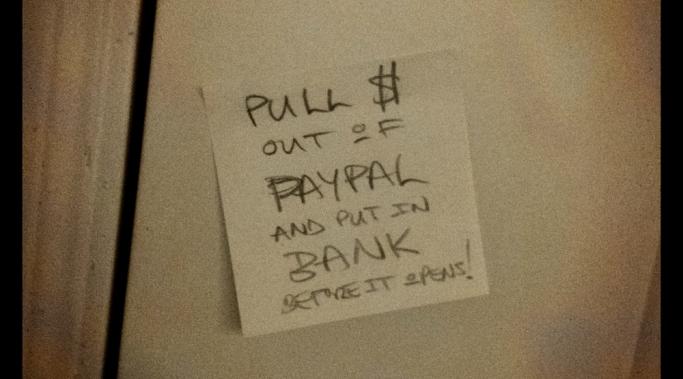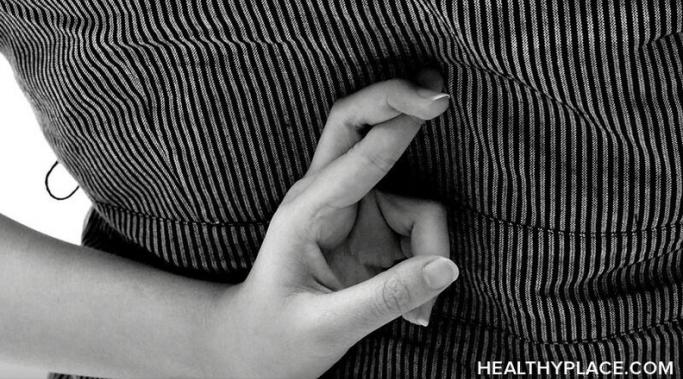Blogs
Problems do not disappear when you leave your abusive relationship. I left 1 year, 8 months ago and my children and I deal with the after-effects of abuse even today.
Before I get into them, I want you to know that I am so proud of myself for leaving that toxic relationship. I am grateful that I now tackle the "after-effects" rather than the day to day abuse. I am grateful for the opportunity I now have to rewind and repair myself, and I see signs that my teenage boys will also take it upon themselves to rewind and repair with me.
I would not return to the abuse for ANY reason, and I completely adore the opportunities my new life gives me.
The anxious and curious mind
What motivates anxiety? In a sense being human is experiencing discomfort, then doing something about it. Whether that's the fear of mice that means a better mousetrap or dissatisfaction with the world that raises great ambition.
Anxiety makes me question everything. It forces its way into my head, fills it with future discomfort so that I fear not only probablity, but possibility. Natural questions become difficult to bear and I'm walking on eggshells with the weight of 'why?', 'what if', 'does it have to be this way?',
My thinness is an outward manifestation of my inner pain that I am unable to voice.
This is my last year of graduate school and I have started working on my thesis. It will be a creative non-fiction piece divided into two parts. One part will be about my struggles with anorexia nervosa, and my ultimate decision to begin the work of recovery in the midst of personal chaos. The other piece will review the memoirs and creative non-fiction writings written by women who have experienced anorexia and/or bulimia.
I deliberately chose to write my thesis about women only, in part because I plan to apply feminist theory to my thesis and I believe that eating disorders develop differently in women and men.
I have been enmeshed in writings about eating disorders these past few weeks, and I have found a common thread throughout the writings that resonate with my own experiences with anorexia.
Silence. At some point, each of these women have written about feeling silenced and having to regain their voices during recovery.
I believe at heart that eating disorders are illnesses of silence, of an inability to speak about inner pain, to give voice to what we are feeling and going through in the deepest reaches of our souls.
Can you train yourself to overcome ADHD? You can if you remember to do it. Of course, with ADHD that's a tall order.
The task last week seemed simple enough. It was my first week back on the job and I wanted to impress. Write two new blogs and find people to be interviewed for the HealthyPlace TV & Radio shows. I could do that—easy.
It's true that the first blog was a day late because we hadn't worked out all the details of my rehire, but I wrote it in time even if it wasn't posted in time. But what happened to the second blog?
When I got diagnosed, I was attending a university and on my way to getting a bachelors of computer science. I was a pretty fastidious student in my first year and my grades were excellent. But before I knew what a mental illness was, I became sick and my grades dropped. It was only some time later that it became clear it was because I had bipolar disorder.
And after months of treatment, nothing was working and one day, my doctor said to me,
"You should drop out of school; you're never going to be able to finish your degree."
Really? Pshaw.
If you are already a member of the HealthyPlace community, then you know how beneficial online support groups can be. If not, I invite you to check out the mental health forums and chat on HealthyPlace.com and get involved. I have been a member of the online mental health community for the past two years making video blogs and participating in forums. It has been an amazing and therapeutic experience to talk to so many people that really understand what I am going through.
"Never doubt that a small group of thoughtful, committed people can change the world.
Indeed it is the only thing that ever has."
- Margaret Mead
I believe we all dream of making a positive difference in the world. I am lucky enough to say that one of my dreams is about to come true. In about two weeks, The ADHD Awareness Book Project: 365 Ways to Succeed with ADHD will be published!
As an ADHD Life Coach, I help people living with ADHD understand their disorder, reduce their challenges, get things done and find hope. For the past nine years, I have individually done my best. However, having worked in the mental health field for over 25 years, I also know that, proportionately, not that much has changed in the overall awareness of ADHD. I meet clients every day from age seven to
My last boyfriend had no clue that I suffered from depression. Some people may find that difficult to believe, but it's actually very easy to mask your feelings and symptoms. In my case, it was very easy to choose a partner from whom I could hide the truth and, therefore, to prevent myself from having a healthy and successful relationship.
Social connections in sobriety are touted by Alcoholics Anonymous (AA) to greatly aid an addict's recovery. But there are requests for more research into not only the benefits of AA's methods, but how those benefits are achieved. Are social connections in sobriety a piece of the answer?
When I was first diagnosed with Bipolar Disorder, despite my young age, I was told that I would need to take medication. Probably for the rest of my life. I wondered, as many people do, if medication would change me. Sure, I was told it would make me well and make my life easier, but I was not sure what that really meant. Would I still be me?







